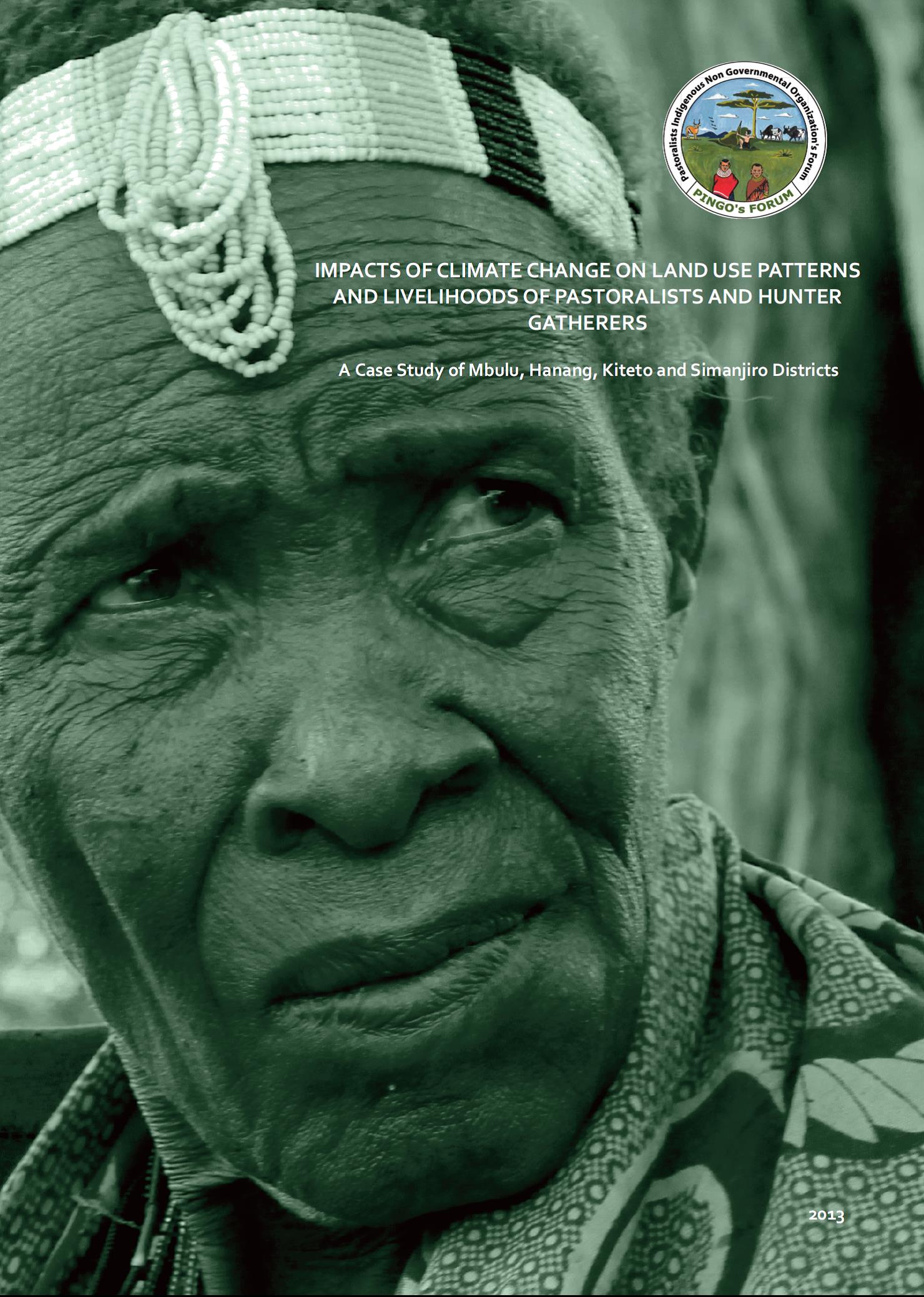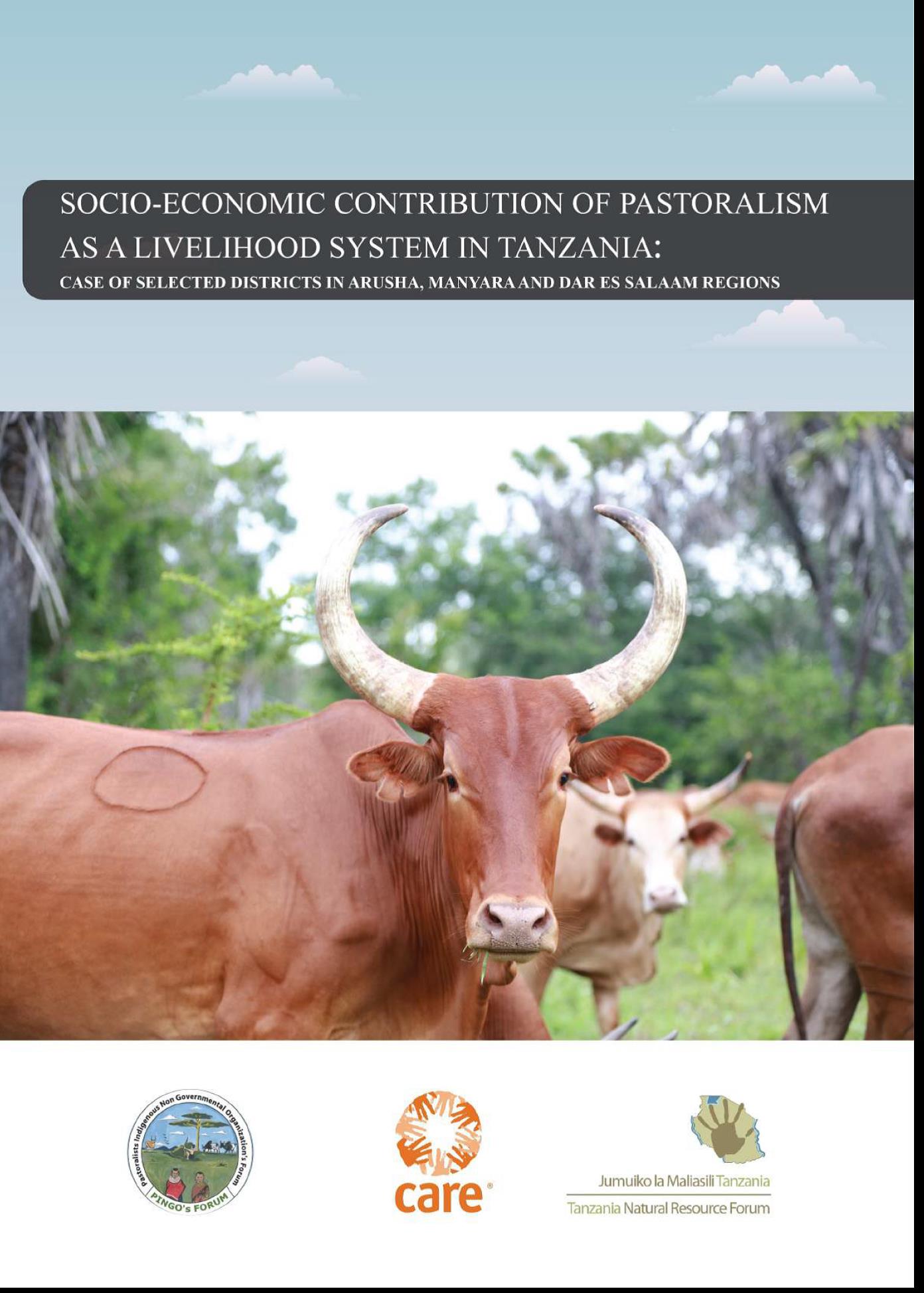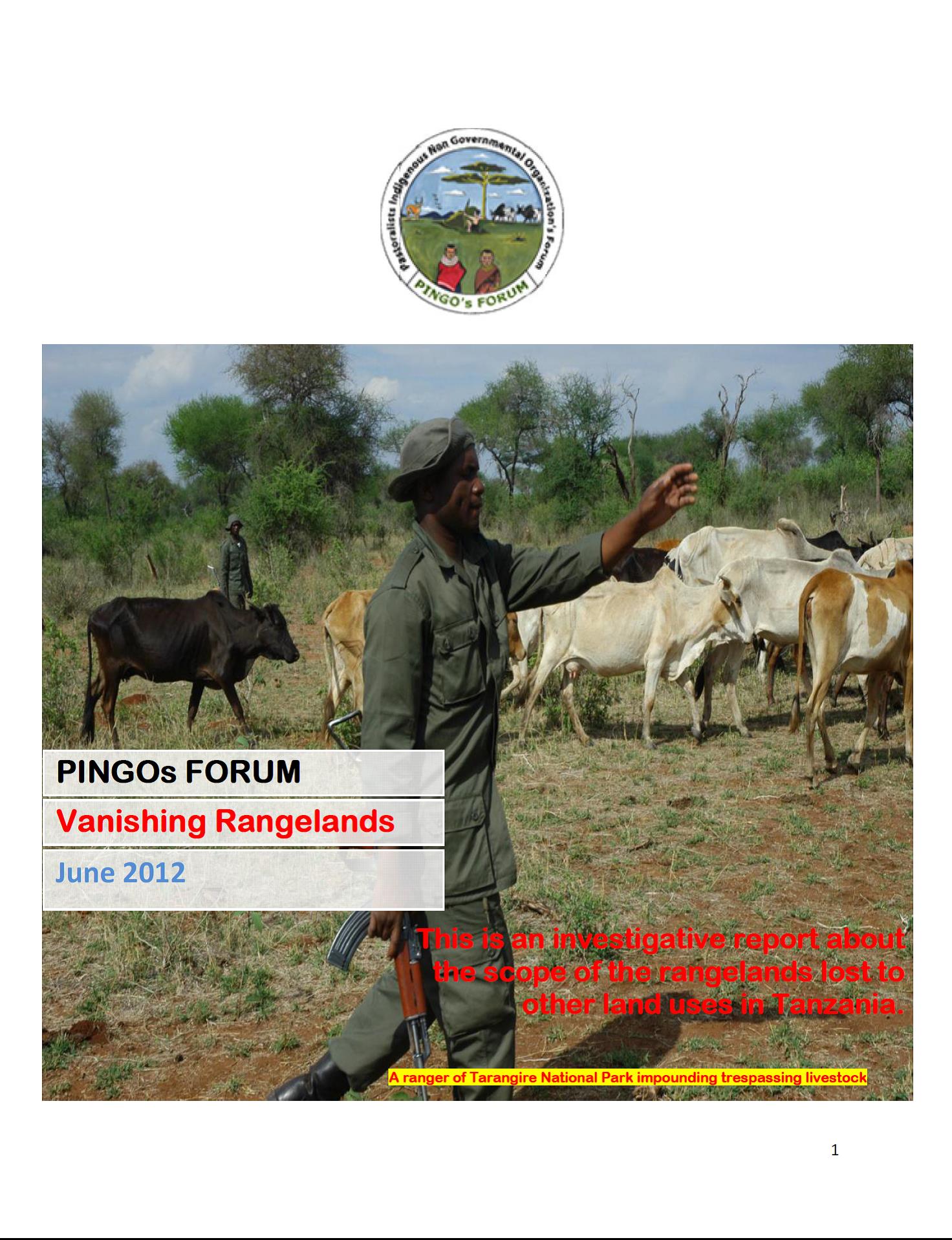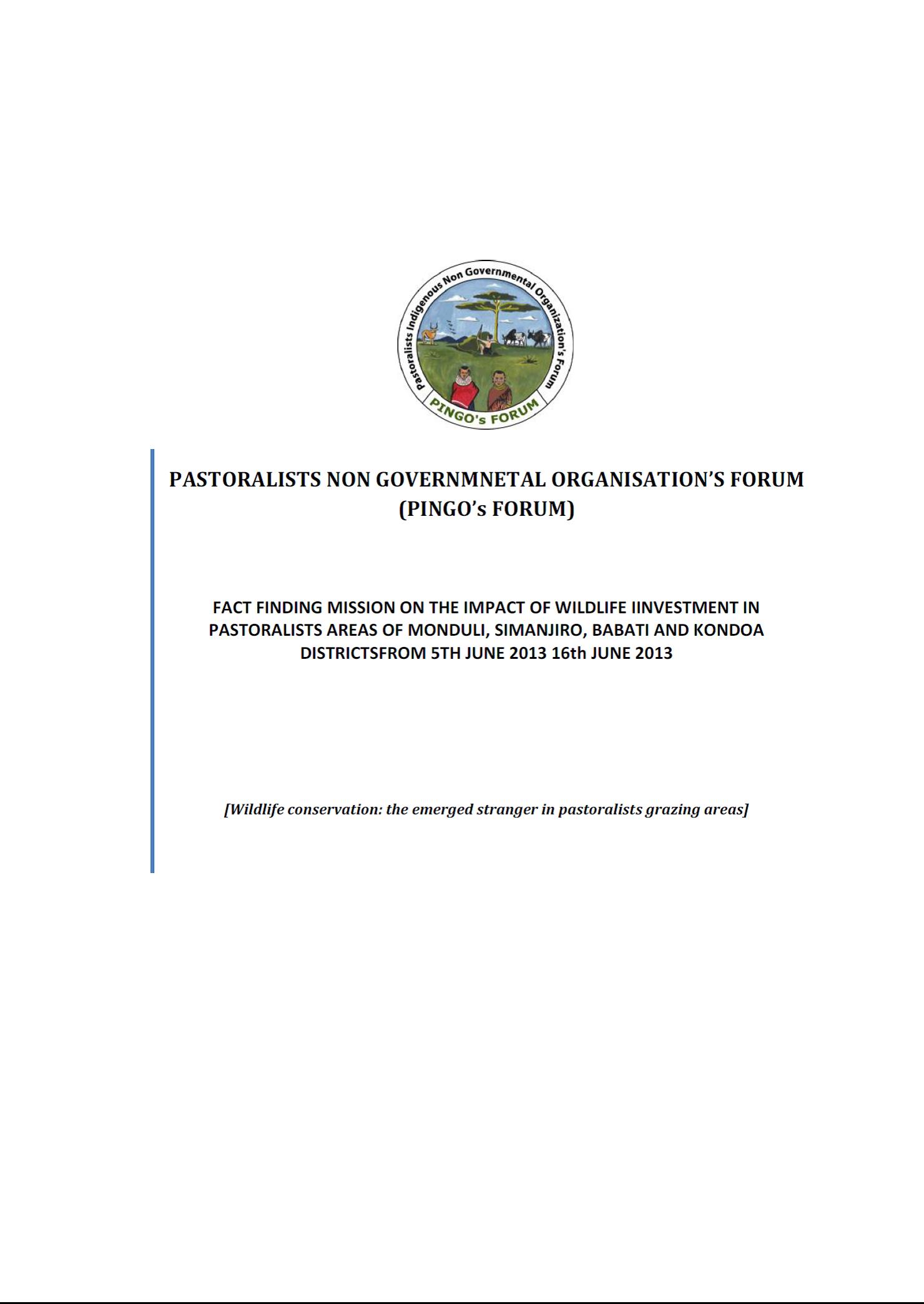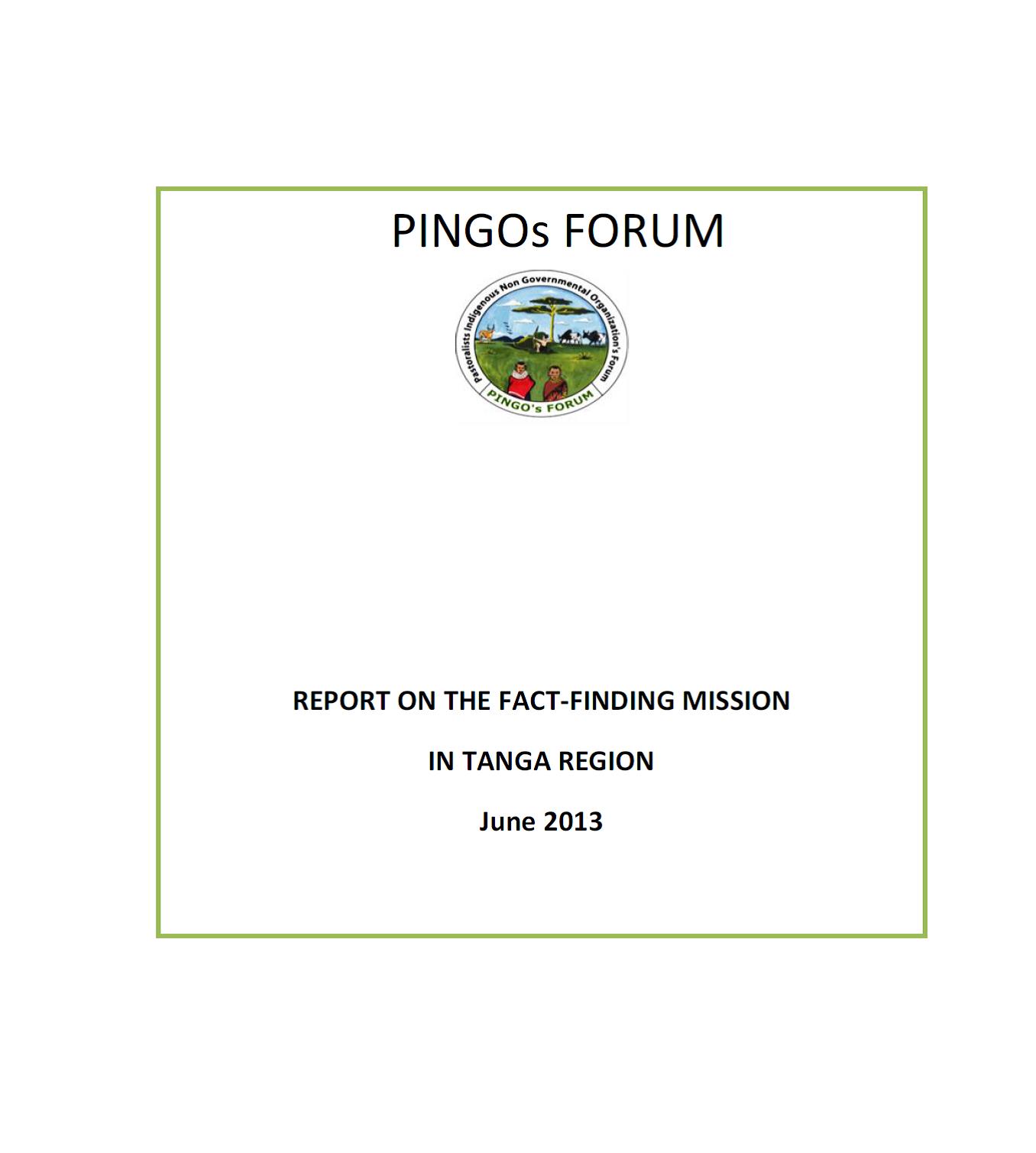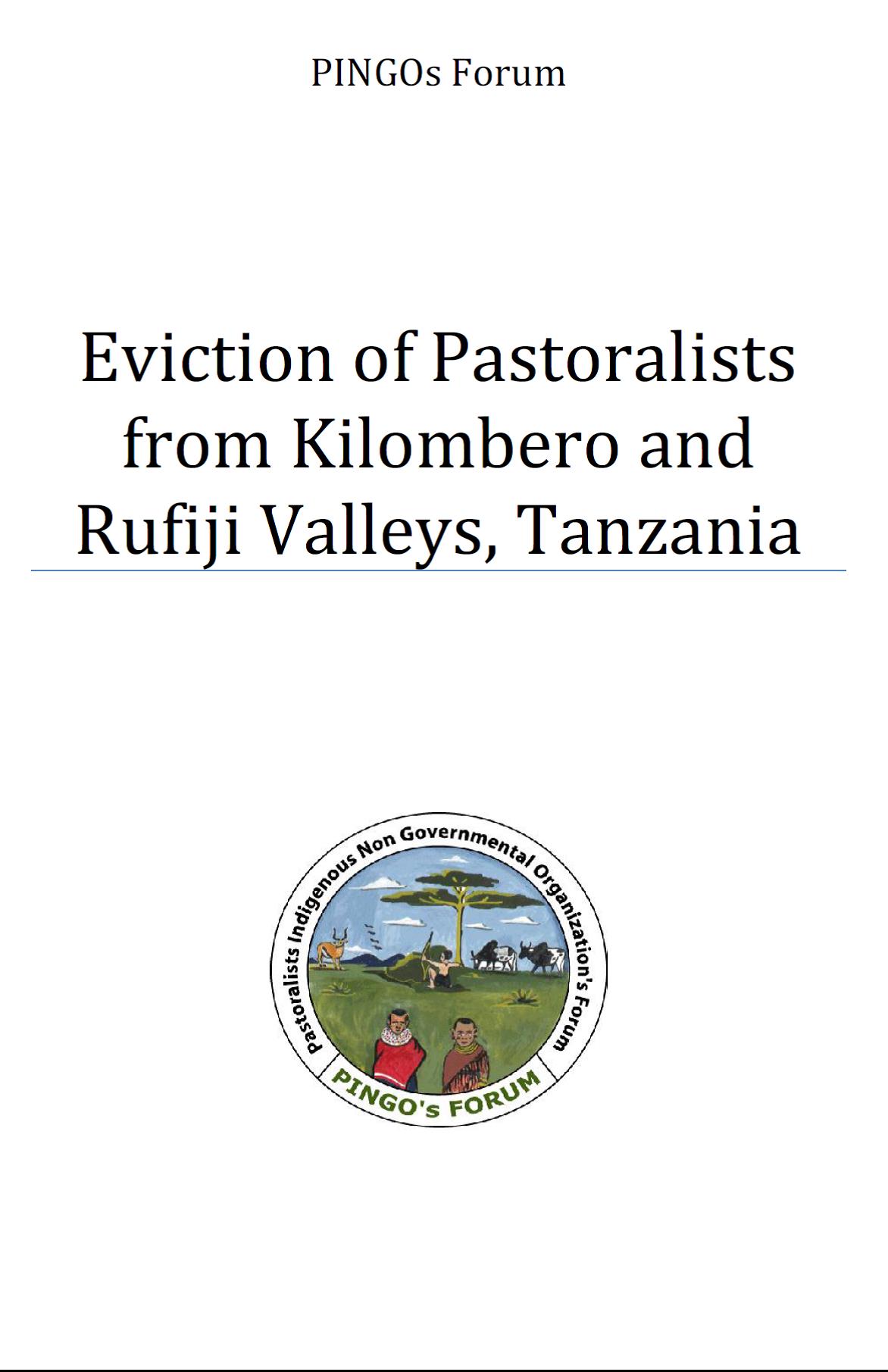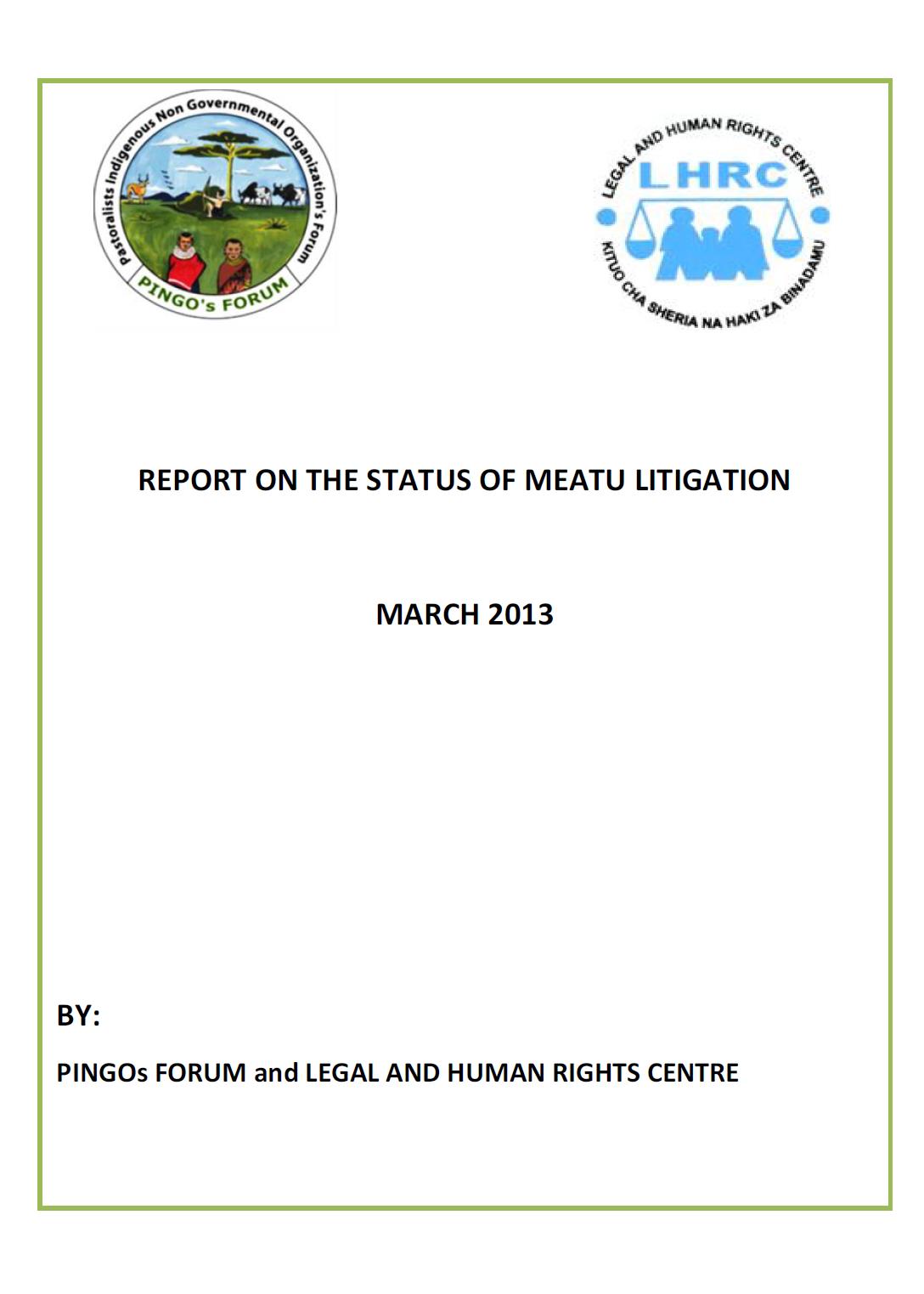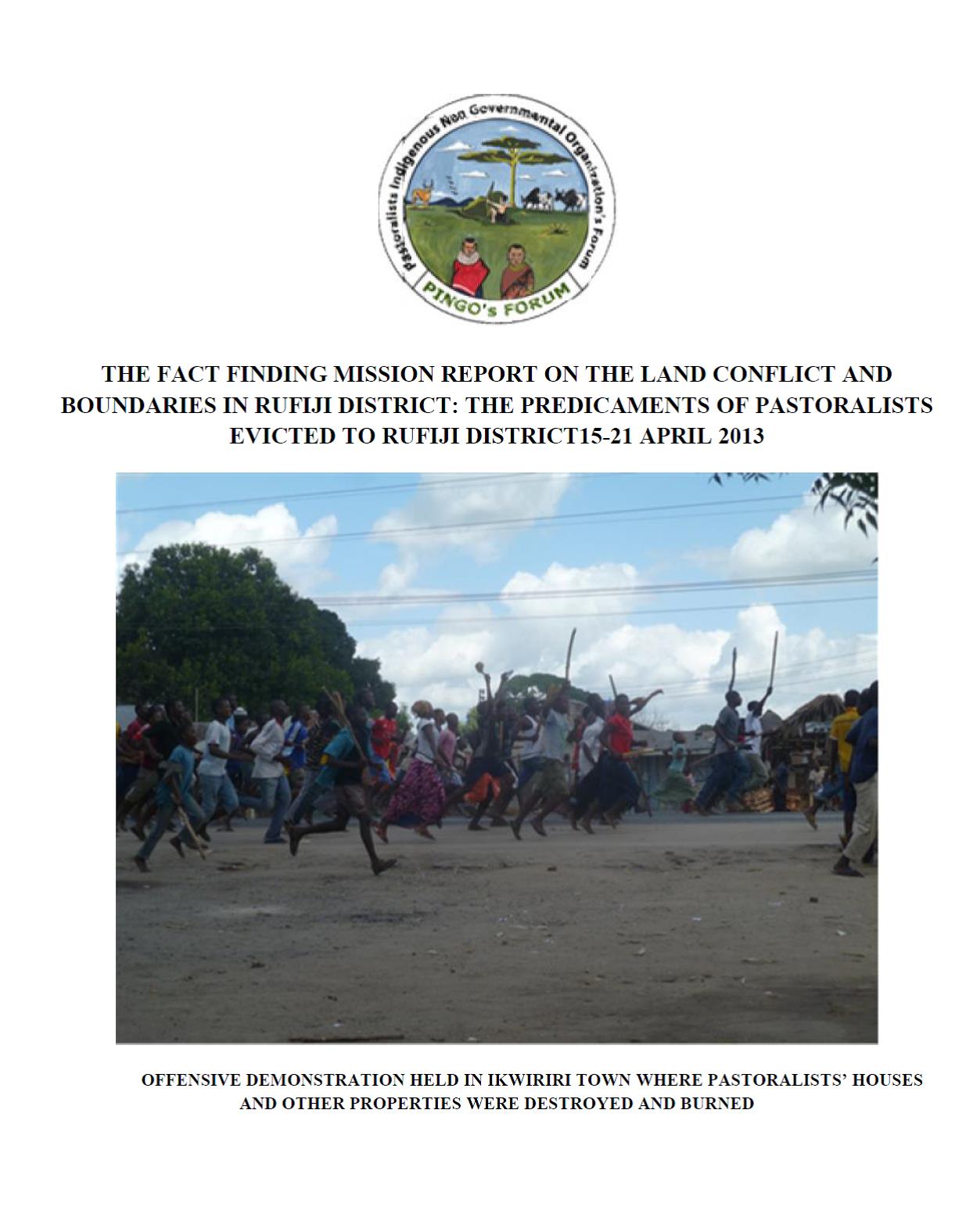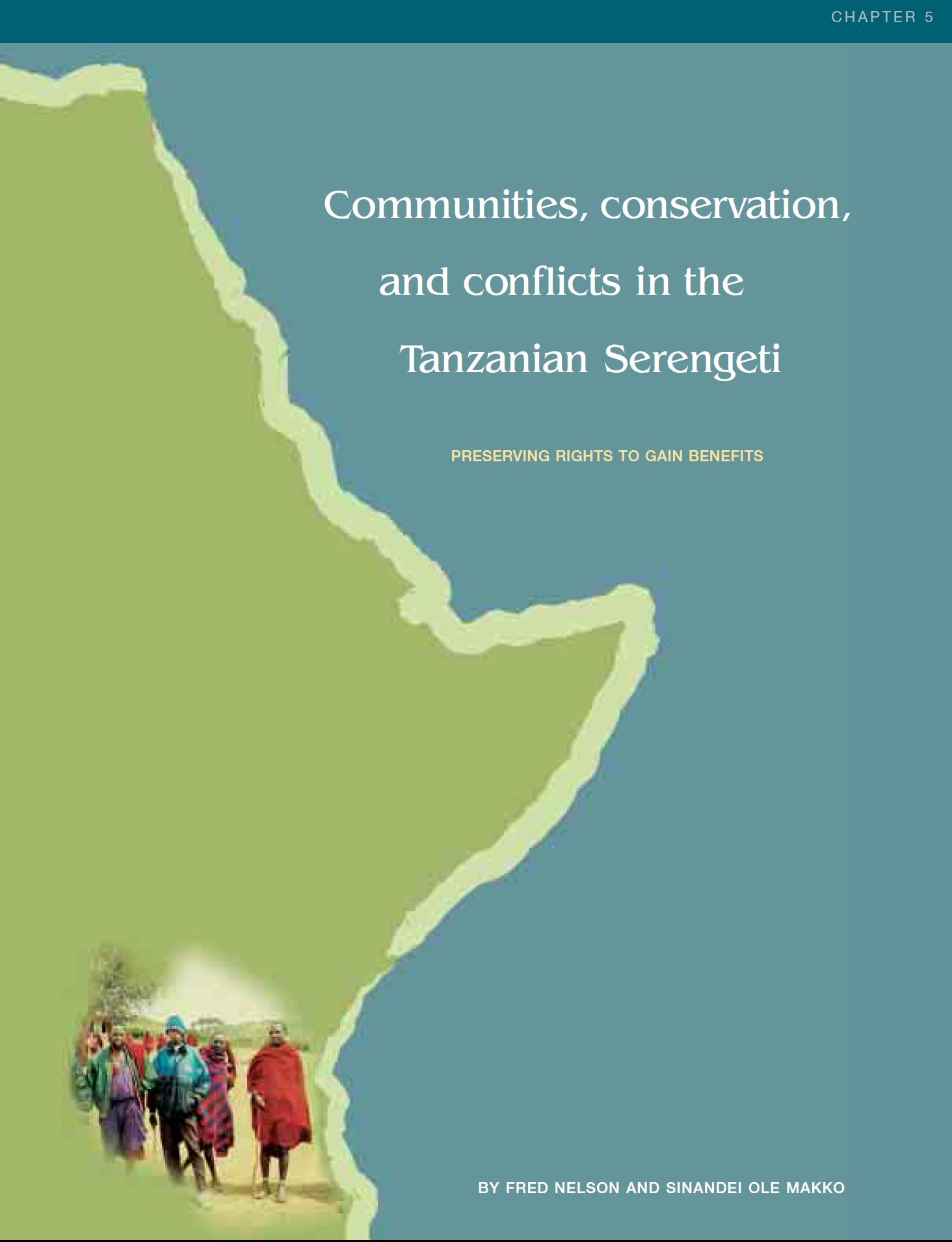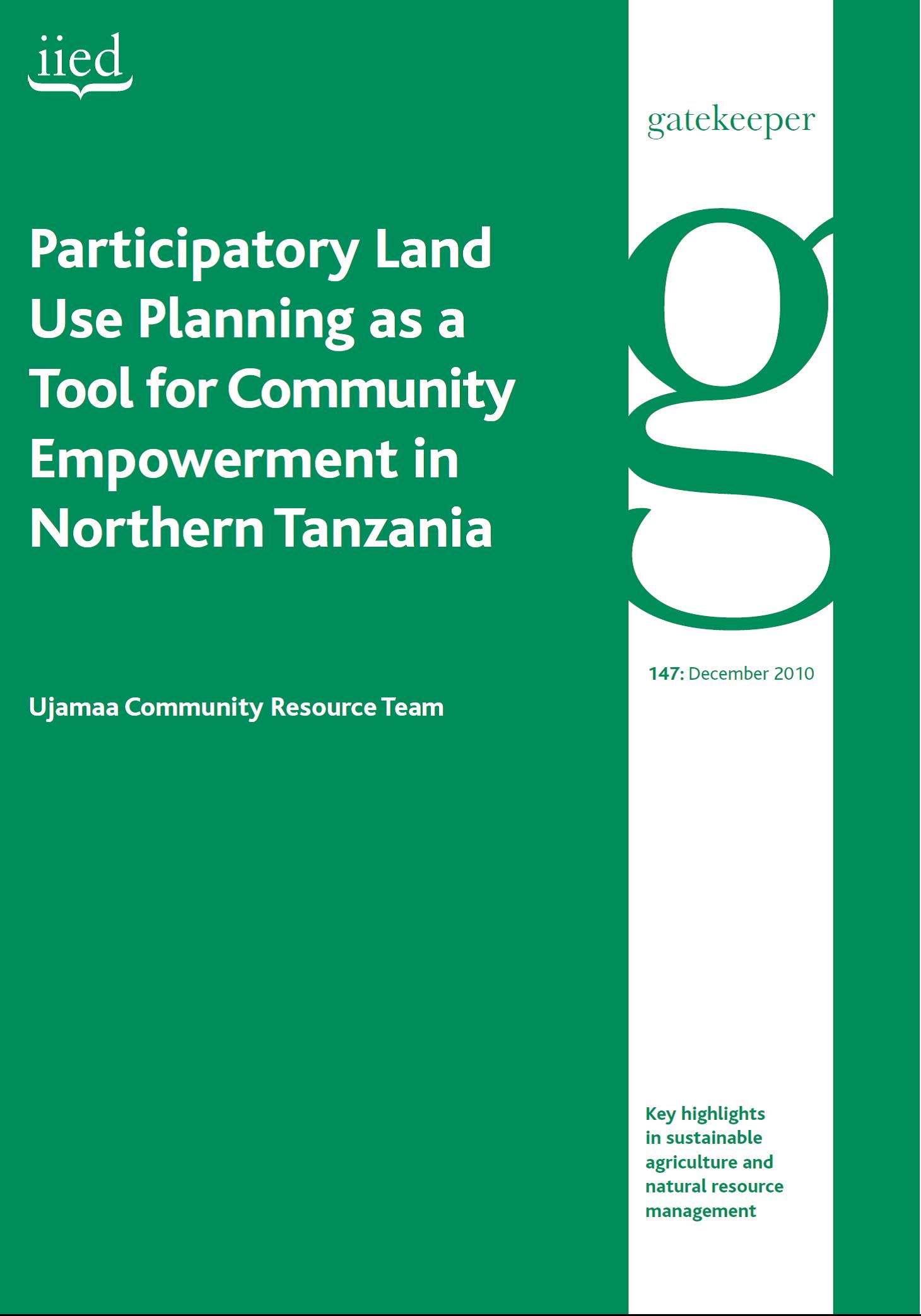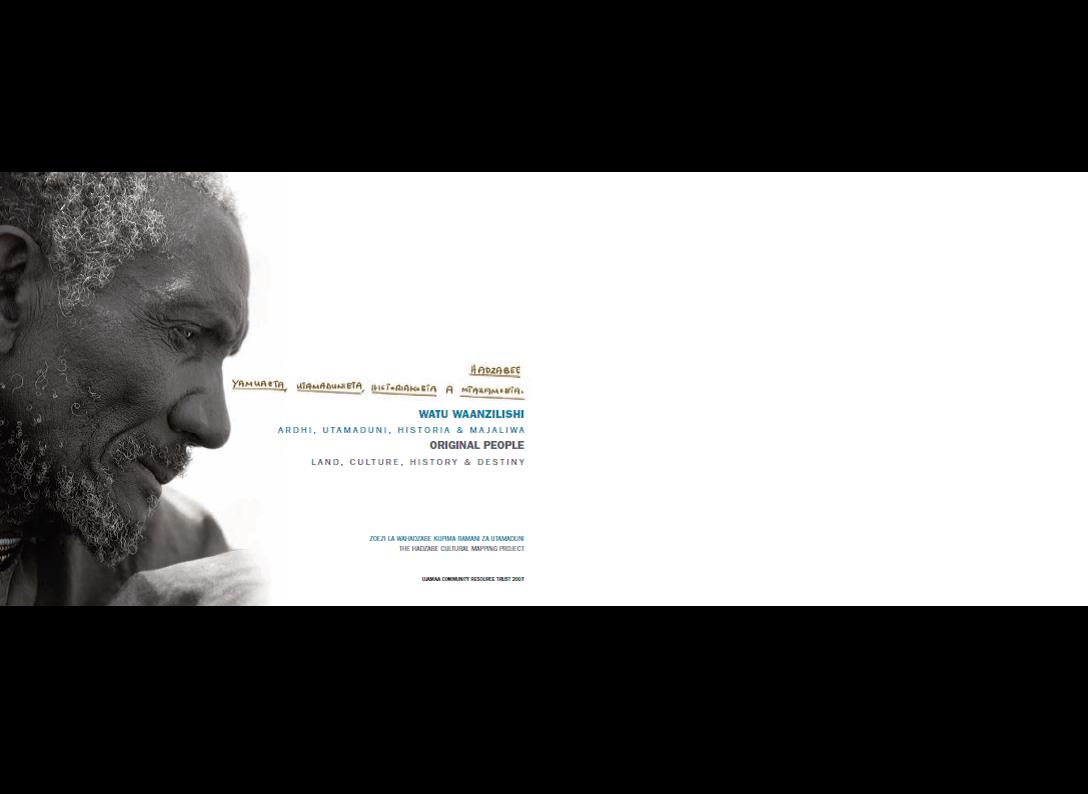Género y tierra. Igualdad de condiciones
El acceso a la tierra es indispensable para la producción de alimentos y la generación de ingresos. Asimismo, constituye un bien social y económico decisivo, que reviste una importancia crucial para la identidad cultural, el poder político y la participación en el proceso de toma de decisiones. Las mujeres están asumiendo funciones mucho más importantes en la producción de alimentos y la ordenación de los recursos naturales; son las cabezas de familia en el medio rural en al menos una cuarta parte y, en ocasiones, en más de la mitad de los casos.


